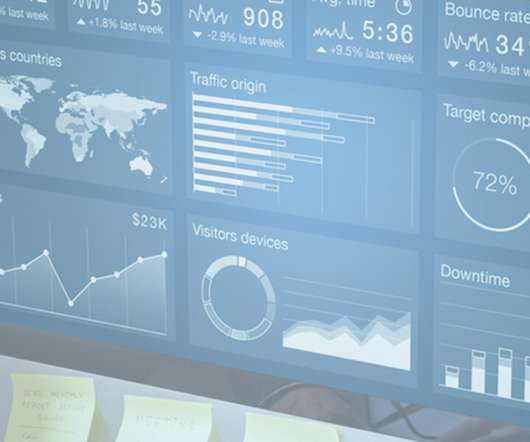Mississippi AG Preps Antitrust Suit Against Google
PYMNTS
MARCH 19, 2019
The Mississippi Attorney General (AG) revealed that his office is preparing an antitrust case against Google , accusing the tech giant of controlling a “pipeline” of data. “We We attorneys general have authority under consumer protection acts to do both,” said Mississippi Attorney General Jim Hood, according to CNBC , on Monday (March 18).














Let's personalize your content